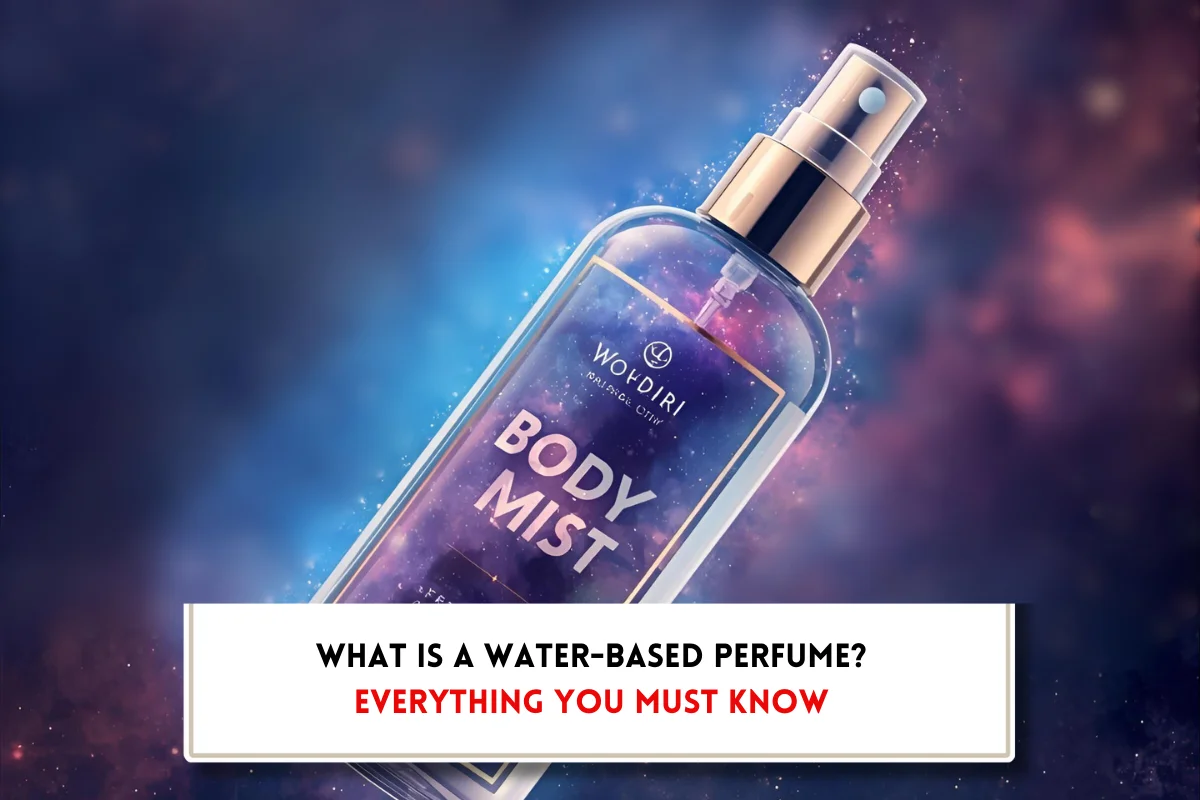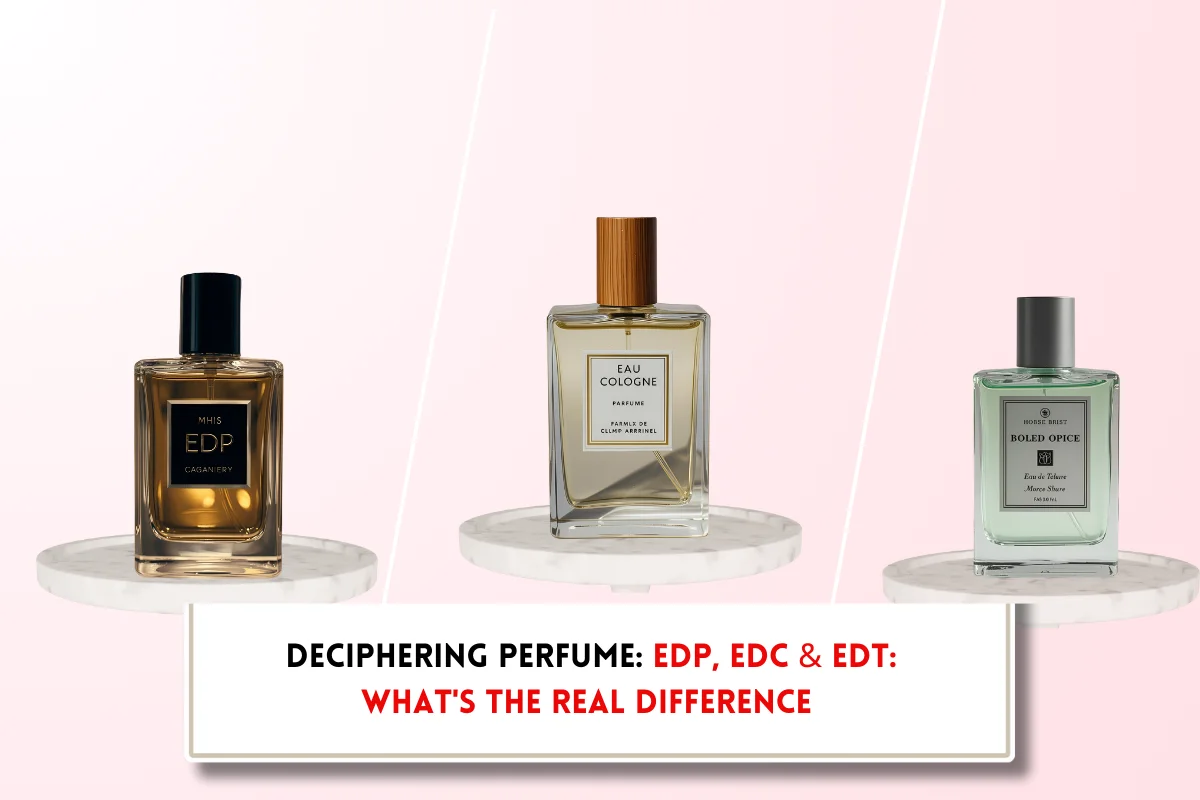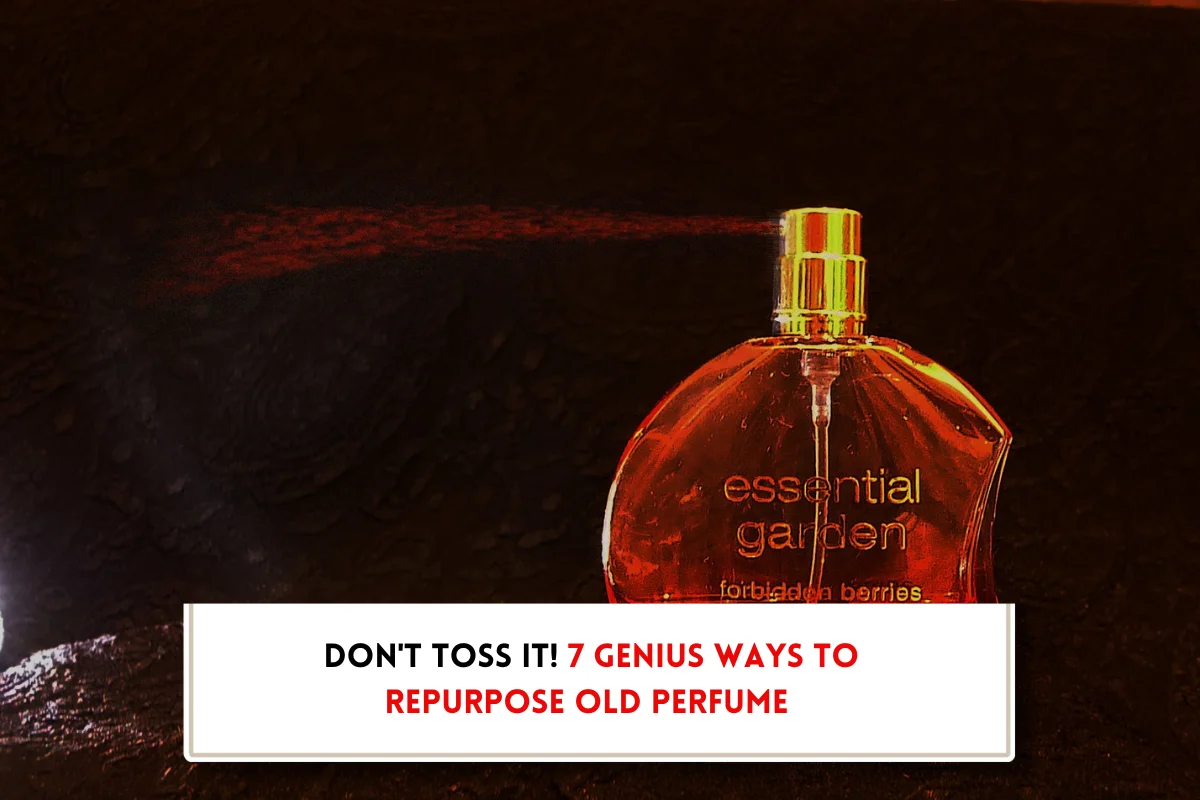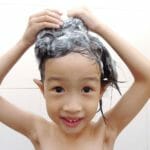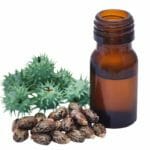Are cleansing brushes good for your face?
At BeautyCaters, our expert team independently curates every recommended product. Purchases through our links may earn us a commission. Explore our transparent selection process.
Cleansing brushes have taken the beauty world by storm. In the quest for flawless skin, many turn to cleansing brushes for a deeper clean. But are they worth the hype? Do cleansing brushes really clean face better than your hands, or it is just a marketing gimmick? Let’s learn. I will tell you if and how are cleansing brushes good for your face?
- What are cleansing brushes?
- How do cleansing brushes work?
- How to choose the right cleansing brush?
- What are the benefits of cleansing brushes?
- What are the drawbacks of cleansing brushes?
- How to use cleansing brushes without damage skin?
- Who need face brushes?
- Final word: Are cleansing brushes good for your face?

What are cleansing brushes?
Cleansing brushes are handheld devices equipped with rotating bristles. These bristles gently exfoliate the skin, removing dead skin cells, dirt, oil, and makeup residue. They come in various forms, from manual to electric, with different bristle types and speeds.
How do cleansing brushes work?
When used correctly, cleansing brushes can significantly enhance your skincare routine. The rotating bristles help to:
- Exfoliate: Gently slough off dead skin cells, revealing a smoother, more radiant complexion.
- Cleanse: Deeply penetrate pores to remove dirt, oil, and makeup, leaving your skin feeling refreshed.
- Massage: Stimulate blood circulation, promoting a healthy glow and improving the absorption of skincare products.
How to choose the right cleansing brush?
While cleansing brushes can be beneficial for many skin types, it’s important to consider a few factors when selecting a one:
- Bristle type: Soft, silicone bristles are gentler on the skin and less likely to cause irritation.
- Speed settings: A brush with multiple speed settings allows you to customize the intensity of the cleanse.
- Skin type: Those with sensitive or acne-prone skin should use caution, as excessive scrubbing can irritate the skin.
- Skin condition: If you have active breakouts, it’s best to consult with a dermatologist before using a cleansing brush.
- Battery life: A long-lasting battery ensures you can use your brush without interruption.
What are the benefits of cleansing brushes?

Cleansing brushes have emerged as a popular skincare tool, promising a deeper clean and improved skin health. Let’s delve into the key benefits of incorporating a cleansing brush into your routine:
- Gentle exfoliation: Cleansing brushes, particularly those with soft silicone bristles, offer a gentle yet effective way to remove dead skin cells. This exfoliation process helps to reveal a brighter, more radiant complexion.
- Improved product absorption: By removing the layer of dead skin, cleansing brushes enhance the absorption of your skincare products, maximizing their effectiveness.
- : Cleansing brushes are excellent at removing stubborn makeup, including waterproof mascara and long-lasting foundation.
- Purified pores: The deep cleansing action of these brushes helps to unclog pores, reducing the risk of breakouts and blackheads.
- Plump and radiant skin: The gentle massaging action of cleansing brushes stimulates blood circulation, promoting a healthy glow and a more youthful appearance.
- Lymphatic drainage: Regular use can help with lymphatic drainage, reducing puffiness and improving skin tone.
- Reduced wrinkles: The exfoliating and massaging effects of cleansing brushes can help to minimize the appearance of fine lines and wrinkles.
- Suitable for all skin types: Whether you have oily, dry, or sensitive skin, there’s a cleansing brush out there for you.
- Convenient and easy to use: Cleansing brushes are simple to incorporate into your daily routine, making them a convenient and effective skincare tool.
Also Read: Is cleansing wipe good for face?
What are the drawbacks of cleansing brushes?
While cleansing brushes offer numerous benefits, it’s important to be aware of their potential drawbacks:
- Acne-prone skin: Individuals with active acne should exercise caution when using cleansing brushes. The bristles can spread bacteria, leading to further breakouts. It’s advisable to consult with a dermatologist to determine the best approach for acne-prone skin.
- Skin barrier disruption: Overuse of cleansing brushes can disrupt the skin’s natural barrier, leading to stripping of the natural oils, causing dryness, and irritation. Also overuse cause constant friction that triggers inflammation, accelerating skin aging and stimulate melanin production, potentially leading to dark spots or hyperpigmentation.
- Bacterial growth: Cleansing brushes can harbor bacteria if not cleaned and stored properly. It’s crucial to clean your brush regularly to prevent the transfer of bacteria to your skin.
How to use cleansing brushes without damage skin?
To maximize the benefits of a facial brush while minimizing the risk of skin damage, consider these key points:
- Frequency of use:
- Sensitive skin: Once a week
- Normal to oily skin: Two to three times a week
- Product pairing:
- Gentle cleanser: Opt for a mild, non-irritating cleanser to avoid stripping your skin’s natural oils.
- Avoid over-exfoliation: When using a facial brush, limit the use of other exfoliating products like scrubs or chemical exfoliants to prevent excessive skin irritation.
- Hygiene and sharing:
- Regular cleaning: Thoroughly clean your brush after each use to prevent bacterial buildup and maintain hygiene.
- Personal use only: Avoid sharing your brush with others to minimize the risk of infection.
- Optimal timing:
- Nighttime cleansing: Using your facial brush at night is ideal for removing dirt, oil, and makeup accumulated throughout the day.
- Additional tips for effective use:
- Gentle pressure: Apply gentle pressure while using the brush to avoid irritating your skin.
- Listen to your skin: If you experience any adverse reactions, such as redness, irritation, or increased breakouts, discontinue use and consult with a dermatologist.
- Consider your skin type: Choose a brush with bristles that are appropriate for your skin type. Softer bristles are generally better for sensitive skin, while firmer bristles may be more suitable for oily or acne-prone skin.
Who need face brushes?
Facial brushes can be a valuable addition to your skincare routine if you fit into one of these categories:
- Those seeking gentle exfoliation: If you have healthy skin and want to gently remove dead skin cells for a brighter complexion, a facial brush can be a great choice.
- Heavy makeup wearers: If you wear heavy makeup regularly, a facial brush can help to effectively remove stubborn residue, ensuring a deep and thorough cleanse.
Final word: Are cleansing brushes good for your face?

The answer is a resounding maybe. While cleansing brushes can effectively remove makeup and impurities, it’s essential to use them correctly and gently. Overuse or harsh scrubbing can irritate the skin and lead to dryness or breakouts. If you have sensitive skin, it’s best to consult with a dermatologist before incorporating a cleansing brush into your routine. Ultimately, the key to healthy skin lies in finding a gentle cleansing method that suits your individual needs.

